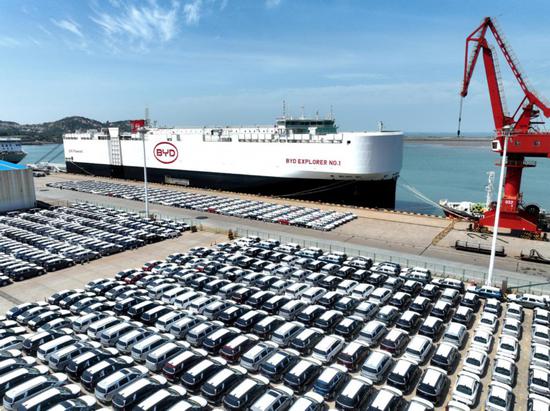
BYD vehicles bound for Brazil await shipment in Lianyungang, Jiangsu province. (WANG CHUN/FOR CHINA DAILY)
Brazil is emerging as a top importer of Chinese new energy vehicles amid China's diversification of NEV exports against the backdrop of ongoing trade conflicts.
In April, Brazil imported 40,159 NEVs from China, up 92 percent year-on-year, thus becoming the top importer for two consecutive months, taking over from Belgium that held the top spot in February, said Cui Dongshu, secretary-general of the Chinese Passenger Car Association, after analyzing data from the General Administration of Customs.
The Brazilian Report, a local media outlet, predicted Brazil's surge in NEV imports from China will continue until at least 2025, driven by companies' rush for such vehicles, considering a gradual reinstatement of import taxes on foreign EVs, which will return to the full rate by 2026.
From January to April, Brazil led all markets in year-on-year growth of NEVs imported from China. Despite Belgium maintaining its top position in cumulative imports for the first four months, Cui noted potential market shifts influenced by tariffs.
On June 12, the European Commission's monthslong anti-subsidy investigation on Chinese electric vehicles revealed preliminary results proposing extra temporary anti-subsidy tariffs of up to 38.1 percent on imports from China.
Cui said that EU markets that were hot spots of Chinese NEV exports, such as Belgium, Spain and France, may see weakened demand while countries like Brazil and Mexico, and Southeast Asian countries like Thailand and the Philippines, may exhibit stronger performance.
"The evolving geopolitical landscape has facilitated diversification in China's exports. The export of Chinese NEVs to developed markets demonstrated high-quality development over the past few years, particularly in Western Europe and Southeast Asia," Cui said.
"Countries like Belgium, Spain and Slovenia have consistently been export highlights, while this year we see strong growth in exports to countries like Brazil. Domestic brands such as SAIC Motor and BYD have shown strong performance in the (overseas) NEV market," he said.
Cui further said the outlook for China's NEV exports to Europe, currently tempered by anti-subsidy impacts, is expected to rebound as adjustments to European policies evolve.
"This decision (of temporary tariff increase on Chinese NEVs imported to the EU) will adversely affect both China's and the EU's NEV industries, limiting competition and harming consumer interests," Cui said.
"It may also affect Germany's NEV industry chain by restricting competition, affecting certain vehicle models and related industries, and hampering independent industry development. China may consider reciprocal measures to safeguard its interests," he said.
Agreed Hildegard Muller, president of the German Association of the Automotive Industry, who said in an official statement that the EU's move is a further step away from global cooperation and will further increase the risk of a global trade conflict.
"The potential damage that could be caused by the measures now announced may be greater than the potential benefits for the European — and, in particular, the German — automotive industry …countervailing duties on e-cars imported from China are not suitable for strengthening the competitiveness of the European automotive industry," she said.









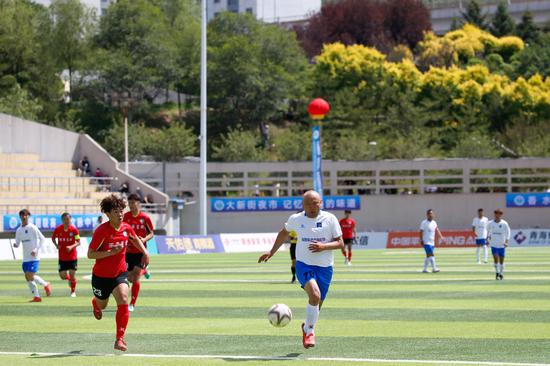

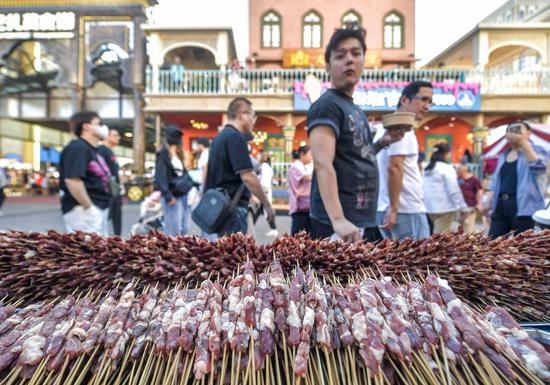

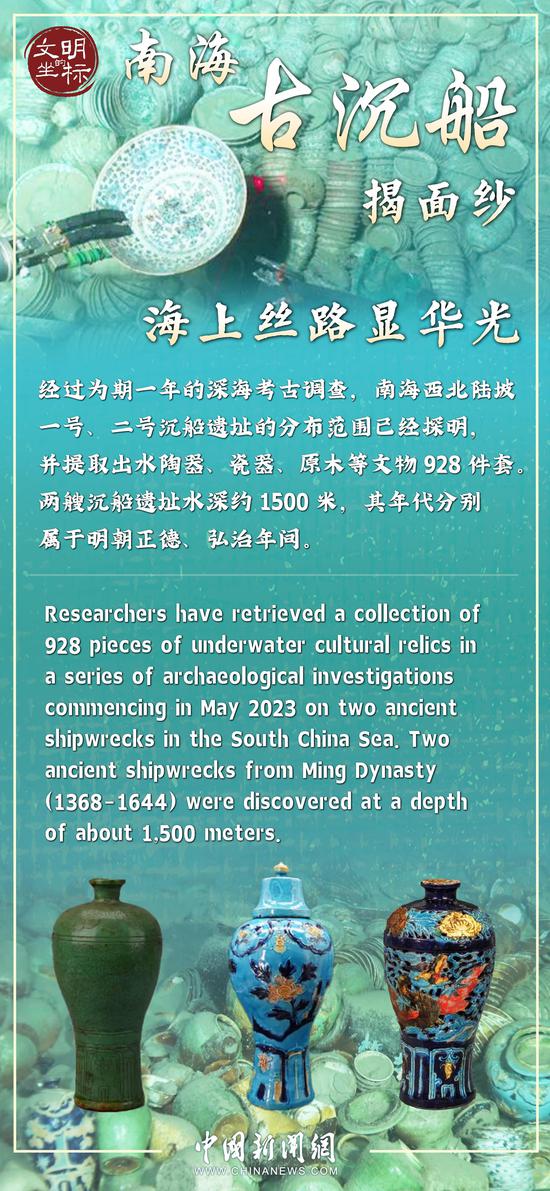
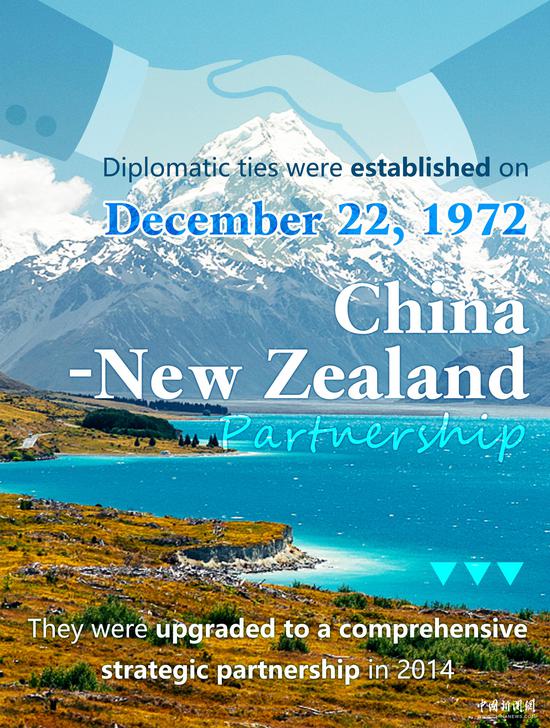


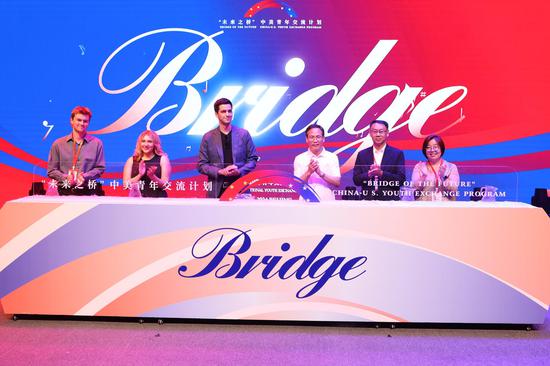



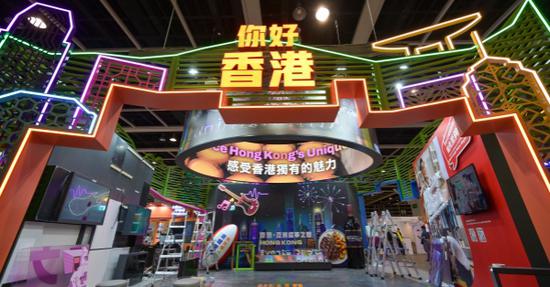

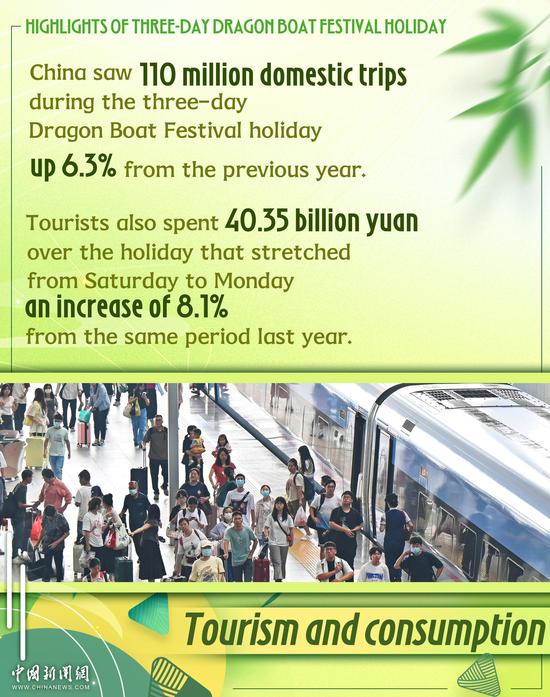


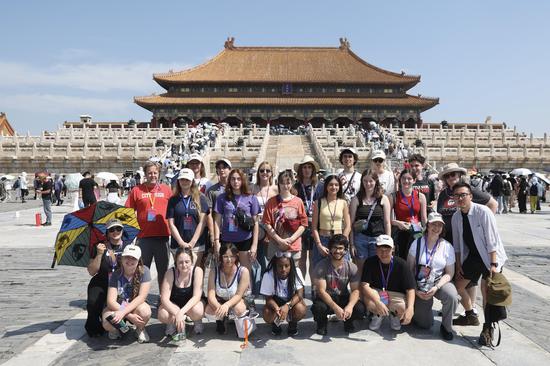
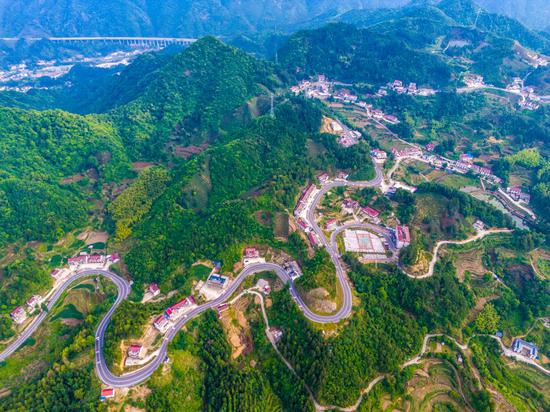



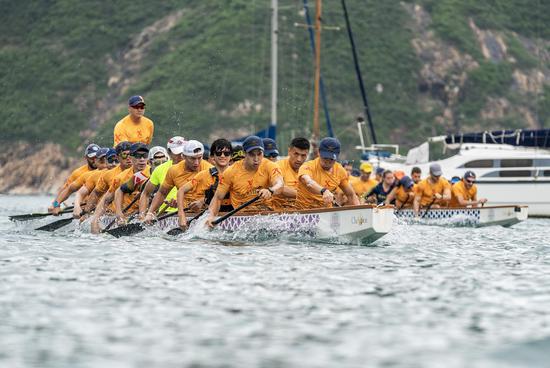

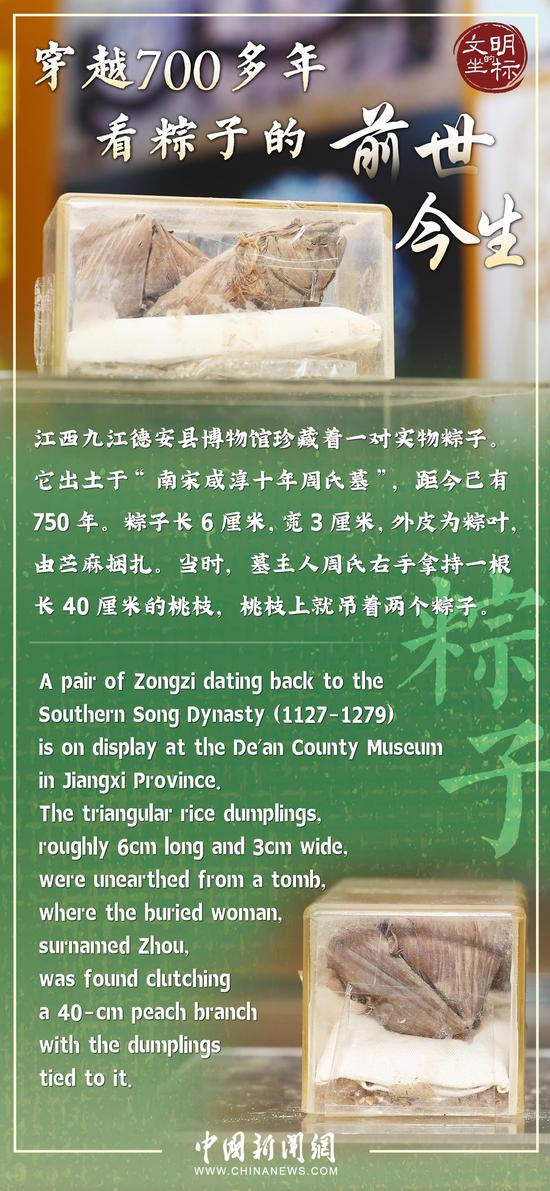

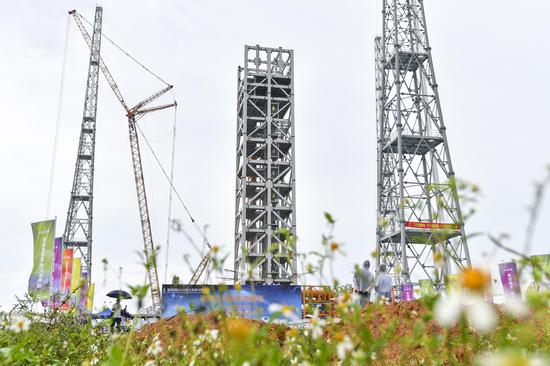


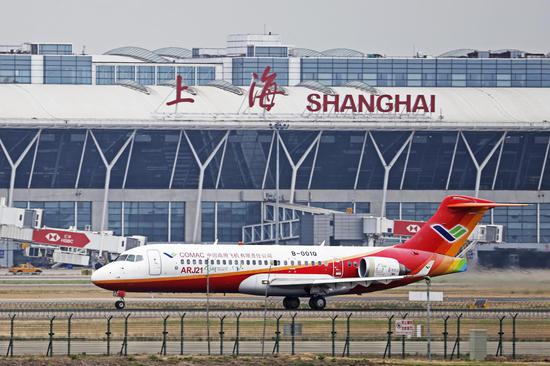



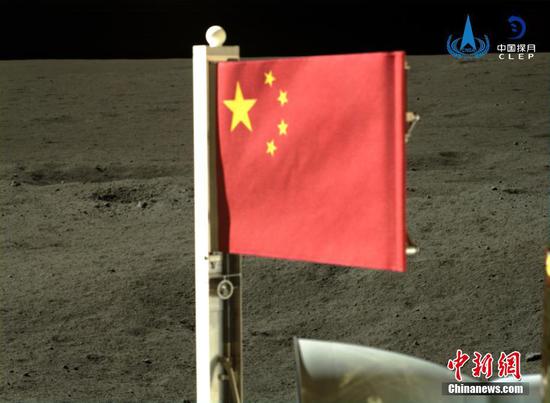
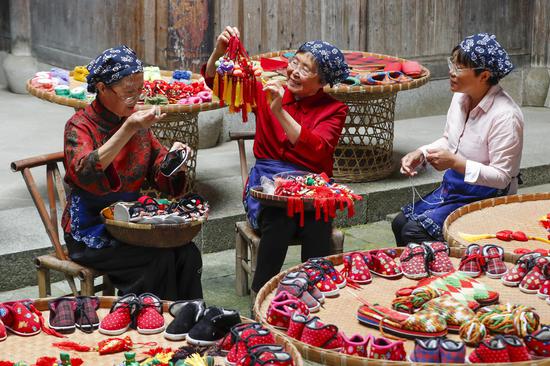






 京公网安备 11010202009201号
京公网安备 11010202009201号